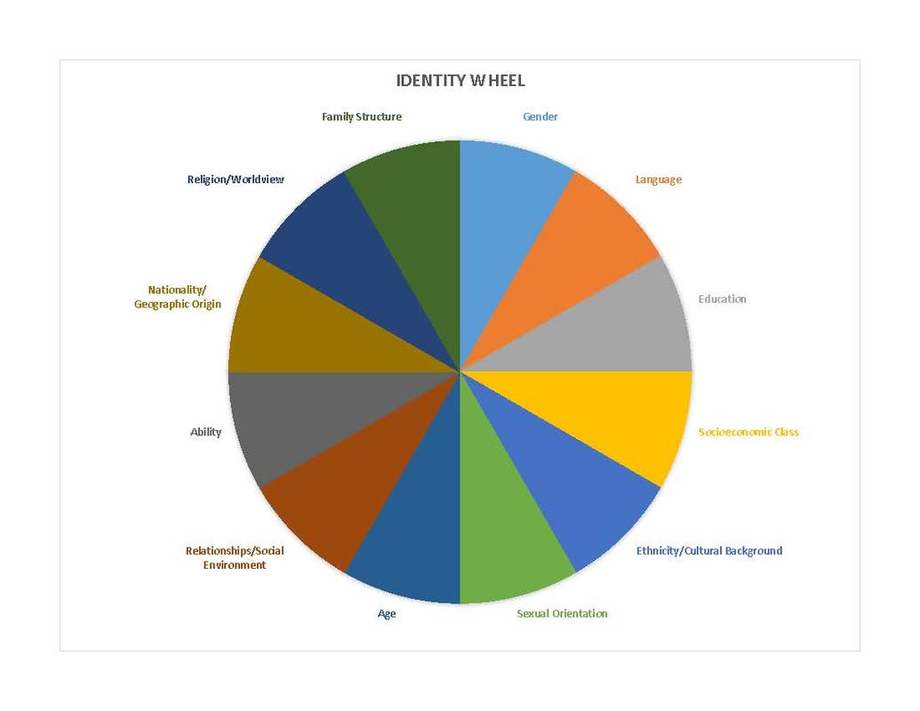Spiritual Jukebox for a Multifaith World
popular songs can serve as a springboard for
exploratory theology, mutual understanding,
and interfaith discussions.
This page is a spiritual jukebox: an evolving playlist for seekers, doubters, pluralists, contemplatives, believers, non-believers, and the many who are somewhere in between. The idea for this playlist comes from Carolyn Browender, an activist and seeker living in Washington, D.C. She was raised Lutheran by a practicing Christian mother and secular Jewish father. You can also find her on Twitter. The first songs on the playlist come from Browender, with her brief comments added, first published in Killing the Buddha. I realize that the word "spirituality" is inviting to some and problematic for others. I use the word to name the depth dimension of human life: the place in the heart by which people are inspired to find lasting satisfaction and become as fully alive as they can be, given the circumstances of their lives. There are many moods, attitudes, and outlooks on life associated with this dimension. Frederic and Mary Ann Brussat of Spirituality and Practice have developed a "spiritual alphabet" to name many of them. I've developed another, seen on the "wheel of spirituality" below. One thing too often neglected, at least by me, is that a person's spiritual aspirations are shaped by their social location and identity. Thus I include the identity wheel below as well to remind us that "it all depends." Nevertheless, it remains the case that many forms of music reveal and communicate a spiritual side to people's lives, and that we come to understand them (and ourselves) when we listen to the music that matters to them. And it remains the case the music can be a springboard for interfaith discussions that include people who are religiously affiliated and those who are not, or Nones. This jukebox is being enriched and deepened by a class I am teaching at Hendrix College in the Spring of 2018. Keep coming back for more if you are interested.
-- Jay McDaniel (January 2018)
-- Jay McDaniel (January 2018)
Spiritual Jukebox for a Multifaith World
just getting started
An inspired arrangement of Ave Maria accompanied by the Adhan "Allah Akbar". An idea of Tania Kassis at the occasion of the designation of March 25 as National Islamo-Christian Holiday in Lebanon. (Carolyn Browender) “It All Comes Down” – Patti Casey “Doubting Thomas” – Nickel Creek Od Yavo Shalom Aleinu/Salaam” |
"It's a challenge Stevens poses to himself, to make space for a presence that continually gets lost in the human shuffle...Tracing the confusion and the enlightenment that mourning and isolation invite, Stevens joins a handful of other artists returning solitude to the center of the musical conversation this year." Ann Powers, NPR “Travelin’ Thru” – Dolly Parton “Lech Lecha” – Stereo Sinai Chopin: "Fantaisie-Impromptu, Op. 66" As played by Danil Trilonov, whom some think the most gifted young pianist in the world, Interfaith cooperation unfolds, not only through people sharing their lives and 'identities,' but in being awestruck by the excellence and beauty beyond their imaginations. |
“Christians and Pagans” – Dar Williams. A common complaint about certain interfaith organizations and advocates is that they ignore key differences between religions, especially during the winter holidays. Dar Williams tells a lovely story of family members negotiating faith differences with grace and hospitality. (Carolyn Browender) “Silence” – Matisyahu One Day” – Matisyahu Lady Gaga - "What's Up"presents the sheer frustration, the anger, the rage, of people who are alienated from the cold, callous, bigoted realities of an allegedly "sane" world that is itself crazy. Gaga performs the only sand response to such insanity: pure rage. This kind of rage, too, is a shared interfaith emotion: available to theists, atheists, and the many in between. |
So Where is God is all of This?
A Panentheistic Understanding of the Jukebox
God is a Deep Listening who hears and absorbs the voices of all living beings with a desire that they find fulfillment and joy. Whitehead calls this Listening the consequentnature of God because it emerges after, not before, the cries themselves, feeling the feelings of all in a sympathetic and tender way. In response to what is heard, God then provides fresh possibilities (initial aims) for healing and wholeness relative to the situation at hand. In the beginning is not the word of God. It is the listening.
This Listening -- the consequent nature -- has no fixed addressed. It finds its home wherever there is cry of the heart, a longing of the soul, for a wholeness anticipated but not yet found. As God listens, God also becomes a seeker and doubter. God longs for the wholeness, too. That's how strong God's love is.
When we listen to others with a generous heart, with sympathetic ears, we are sharing in the listening as co-listeners. Along with God, we become other than ourselves. We become the doubter, the seeker, the pluralist; and in that becoming we find our true home. Like God we are always and forever created by the voices of others, which then become our own in the listening. In the beginning is not the word. In the beginning was the listening and the love. (Jay McDaniel)
This Listening -- the consequent nature -- has no fixed addressed. It finds its home wherever there is cry of the heart, a longing of the soul, for a wholeness anticipated but not yet found. As God listens, God also becomes a seeker and doubter. God longs for the wholeness, too. That's how strong God's love is.
When we listen to others with a generous heart, with sympathetic ears, we are sharing in the listening as co-listeners. Along with God, we become other than ourselves. We become the doubter, the seeker, the pluralist; and in that becoming we find our true home. Like God we are always and forever created by the voices of others, which then become our own in the listening. In the beginning is not the word. In the beginning was the listening and the love. (Jay McDaniel)
Identity Wheel
No listener is in island. People will appreciate songs based on their social circumstances, personalities, and identities. One song can be "right on target" for some and "irrelevant" for others. In interfaith explorations, it is important for people to recognize the social locations from which they and others listen to the music they enjoy. A recognition of these locations is part of the discussion.
Wheel of Spirituality
The wheel identifies eighteen moods, attitudes, and outlooks on life which are found in, and reinforced by, popular music. All have been considered "spiritual" by one or another of the world's religions, but are likewise found in Nones: those who reject all things religious, those who are indifferent to religion, and those who are "spiritually interested but not religiiously affiliated."
"





